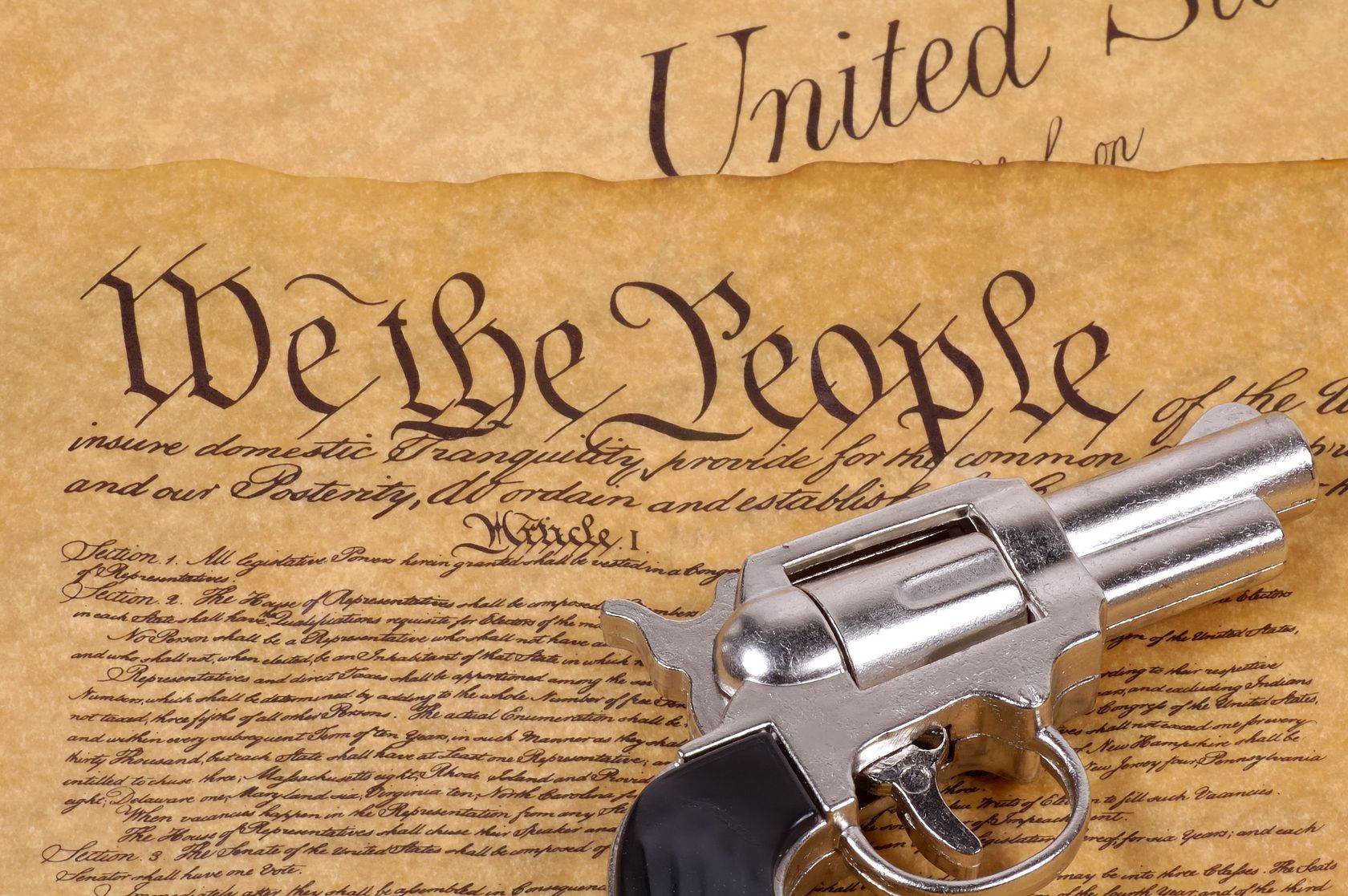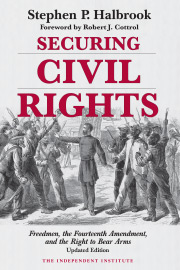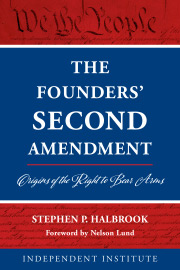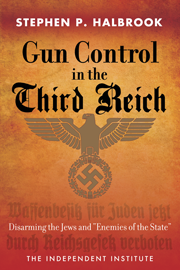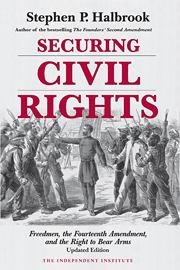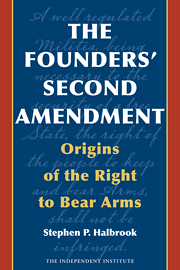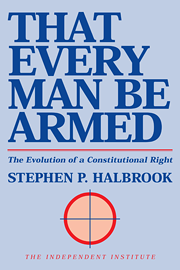Between the First Amendment’s proclamation of "the right of the people peaceably to assemble" and the Fourth Amendment’s recognition of "the right of the people to be secure... against unreasonable searches and seizures," is squeezed the Second Amendment: "A Well regulated Militia, being necessary to the security of a free State, the right of the people to keep and bear Arms, shall not be infringed."
In Verdugo-Urquidez (1990), the Supreme Court made the obvious point that "the people" means the same in the First, Second and Fourth Amendments.
Governments have only "powers," not "rights." As the 10th Amendment says, "The powers not delegated to the United states... are reserved to the states respectively, or to the people."
The doctrine that the Second Amendment guarantees only a state "right" to have a militia, which is the National Guard, was invented in the 20th century, and has no basis in history. The premise that a militia secures a free state does not negate that the "right" belongs to "the people."
With the arrival of British troops in 1768, the Boston Gazette reported that the ministry commanded "that the inhabitants of this province are to be disarmed."
In 1775, after the Redcoats’ attempt to seize the rebel militia’s arms at Lexington and Concord, General Gage ordered the confiscation of the private arms of all the inhabitants of Boston, an act of perfidy cited by the Continental Congress in its Declaration of Causes of Taking Up Arms.
In "The Federalist", James Madison alluded to "the advantage of being armed, which the Americans possess over the people of almost every other nation," adding: "Notwithstanding the military establishments in the several kingdoms of Europe, ... the governments are afraid to trust the people with arms."
This was the most widely published explanation of the Second Amendment when it was proposed in 1789: "As civil rulers, not having their duty to the people duly before them, may attempt to tyrannize, and as the military forces which must be occasionally raised to defend our country, might pervert their power to the injury of their fellow-citizens, the people are confirmed ... in their right to keep and bear their private arms.
In Dred Scott (1857), the Supreme Court denied that African Americans were citizens, for if so they had the rights to assemble and "to keep and carry arms wherever they went."
In 1866, Senator Jacob Howard introduced the Fourteenth Amendment, explaining its purpose to protect "personal rights" such as "the right to keep and bear arms" from state infringement.
The Congress that passed the amendment also passed the Freedmen’s Bureau Act, which declared that the rights of "personal security and personal liberty" included "the constitutional right to bear arms" — a very practical right for freed slaves protecting themselves from Klan violence.
The Supreme Court, in Miller (1939), held that the Second Amendment protects militia-type arms, but found it irrelevant to ask whether the defendant was a member of the National Guard.
Some lower federal courts in the last three decades have opined, with the same superficiality as courts treated free speech before the 1920s, that the Second Amendment only protects the National Guard.
The rights to keep arms, to a free press and to vote are checks and balances that promote a free state.
The alternative of a police state and militarization of law enforcement is exactly what the Second Amendment was adopted to avoid.

